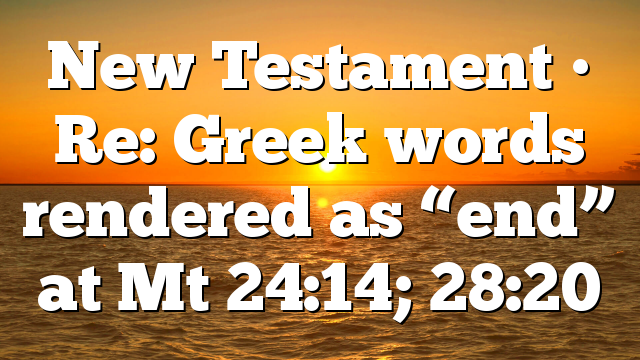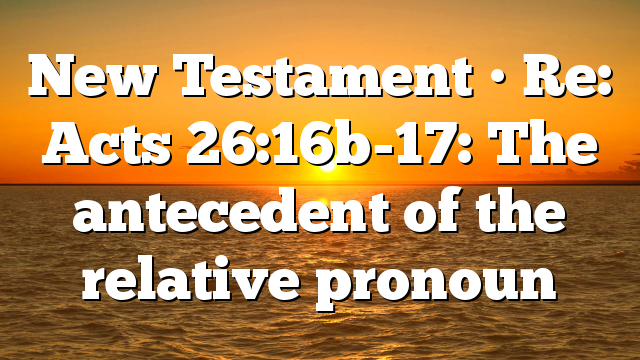Here is the accented text to help those who are still struggling learning the language:
Heb 2.8-10: 8 πάντα ὑπέταξας ὑποκάτω τῶν ποδῶν αὐτοῦ. ἐν τῷ γὰρ ὑποτάξαι [αὐτῷ] τὰ πάντα οὐδὲν ἀφῆκεν αὐτῷ ἀνυπότακτον. Νῦν δὲ οὔπω ὁρῶμεν αὐτῷ τὰ πάντα ὑποτεταγμένα· 9 τὸν δὲ βραχύ τι παρʼ ἀγγέλους ἠλαττωμένον βλέπομεν Ἰησοῦν διὰ τὸ πάθημα τοῦ θανάτου δόξῃ καὶ τιμῇ ἐστεφανωμένον, ὅπως χάριτι θεοῦ ὑπὲρ παντὸς γεύσηται θανάτου. 10 Ἔπρεπεν γὰρ αὐτῷ, διʼ ὃν τὰ πάντα καὶ διʼ οὗ τὰ πάντα, πολλοὺς υἱοὺς εἰς δόξαν ἀγαγόντα τὸν ἀρχηγὸν τῆς σωτηρίας αὐτῶν διὰ παθημάτων τελειῶσαι.
Nestle, E., Nestle, E., Aland, B., Aland, K., Karavidopoulos, J., Martini, C. M., & Metzger, B. M. (1993). The Greek New Testament (27th ed.) (565). Stuttgart: Deutsche Bibelgesellschaft.
Concerning the comment
“The crowning with glory and honour must, on any natural rendering of the Greek, precede the death.” (A Nairne)
The participle in the phrase δόξῃ καὶ τιμῇ ἐστεφανωμένον is perfect (= it has already happened in the writer’s viewpoint and the state continues), but it’s (ἐστεφανωμένον) head/referent is not τὸ πάθημα, but rather βλέπομεν Ἰησοῦν . . .ἐστεφανωμένον. “We see him who has been crowned in glory and honour.”
Statistics: Posted by Louis L Sorenson — January 16th, 2014, 11:07 am



















